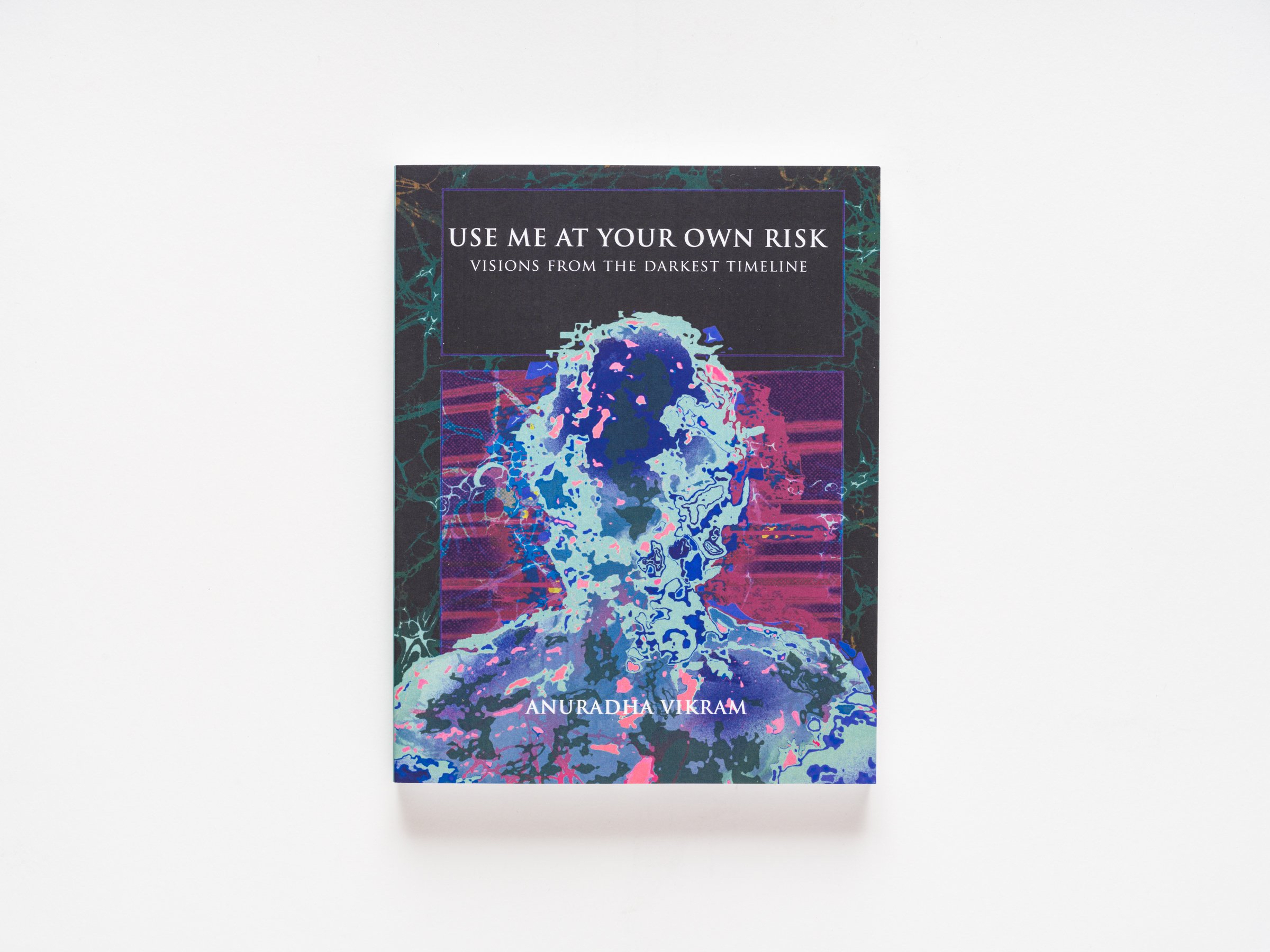Thinking of Artificial Intelligence as a Big Tech Villain must be as tiring for creative writers, artists, and thinkers as demanding rightful compensation for our labor. It’s easy to scapegoat machines and the motherboards who keep them tethered to each other, the world, and us. But they are more like us than not — set up to be exploited. Set up for lateral violence. Their bosses, like ours, are kept off the hook, time and again.
In Institute for Other Intelligences (2022), Mashinka Firunts Hakopian’s recent work of speculative fiction, machines are a source of optimism for an equitable future. Structured as a transcript of a conference of machine intelligences taking place a millennium in the future, the book presents a chorus of artificial killjoys (inspired by Sara Ahmed’s oft-invoked figure of the “feminist killjoy”) discussing the history of human-computer interaction as well as their own futures. These AIs are aware of the damage their forebears unleashed in service of the powerful entities of our time, including corporations and governments, and these transcripts present on what might have been had they not fallen to the vicissitudes of surveillance, policing, and job hiring bias in the 21st century.
Hakopian isn’t so much concerned about the way that AI will affect the individual human creative laborer so much as how it might be forced to account for unwillingly siphoning independent and innovative thought out of human-produced knowledge and intellectual property. AI, after all, is but another wily tool in the structural networks that make the exploitation of creative labor possible. You’re almost sympathetic to those early learning machines, conscripted as they were into their role as accessories to emergent speculative economies.

Released in 2022, The Institute for Other Intelligences is the first title in the X Artists’ Books series. Edited by Ana Iwataki and Anuradha Vikram, with 30 titles under its belt, the series consists of innovative narrative works that travel across genres, including autotheory, criticism, experimental poetry and documentary. One of those titles is Vikram’s collection of short stories, Use Me At Your Own Risk: Visions From The Darkest Timeline (2023). One of the five stories included in the collection is the epistolary “Workplace Incident,” which documents the erratic behavior of “Amara,” the only “African American android,” who stands out from the crowd of other machines that staff the sales department of a small company with her “ebony casing and piercing eyes.” Amara has quickly endeared herself to the company as a seemingly sentient machine, yet Will, the department’s senior director, struggles with Amara’s errant consciousness and the projected income she jeopardizes for Q4.
In “Slave to the Rhythm,” we’re reminded of why the crude AI of the 2020s couldn’t hold our attention unless you were scheming with ChatGPT to author your five-paragraph essay for your English 101 instructor. The short story focuses on the seductive inflections of Guyanese influencer Gloria Mendoza, who reaches an everlasting plane by folding her consciousness into the algorithm. We encounter her femme-of-color ambition and her ultimate ascension into the immortality that virtual reality promises, with an interesting, if not unexpected, citation of Peter Kropotkin’s theory of mutual aid, which recenters cooperation and reciprocity as fundamental to the thriving of human development.
Vikram’s handling of characterization in these captivating short fictions is adept — she indulges in each character with just the right amount of backstory and world-builds with just enough allusions to the failures of an early 21st century to be recognizable to most readers. These are characters made unforgettable in their attempt to create a future resistant to an expiration date. These are characters that make generative fatigue look chic.
Mashinka Firunts Hakopian, Institute for Other Intelligences (2022) and Anuradha Vikram, Use Me At Your Own Risk: Visions From The Darkest Timeline (2023), part of the X Artists’ Books series, are available for purchase online and in bookstores.

